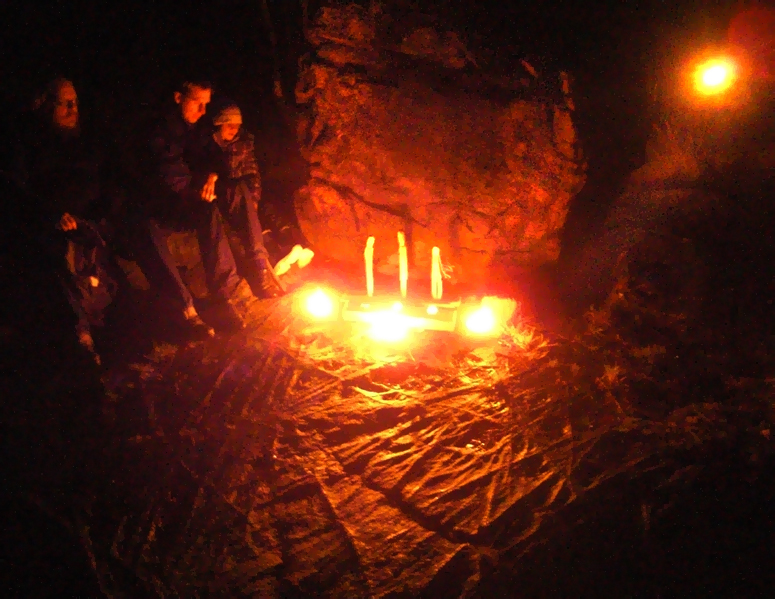
Samhain
Autumn is a season when the nights get cooler, when the leaves change colour – and we see a lot more spiders scurrying about our homes! For many, though, it is also a season of celebration, having in centuries past marked the end of harvest. Perhaps the most well known of such celebrations is that of Samhain.
What Is Samhain?
Samhain is an Irish language name for the month of November but also it marks something quite special. On the 1st of November, the Samhain festival symbolises the end of the harvest season, typically appreciated in September and October, and signifies the start of the ‘darker half’ of the year. While many people might be out celebrating the associated Halloween on 31 October, comparing tricks and, more importantly, treats, those celebrating Samhain are likely to be focused on events much more firmly rooted in history.
Another one of the reasons for this celebration is that it is about halfway between the autumn equinox (this year, this took place on 23 September) and the winter solstice (the shortest day, which is 21 or 22 December). At many Neolithic tombs in Ireland, there are places aligned with sunrise at the time of Samhain. This isn’t a recent thing – there is evidence of such things going back as far as the 9th century. Then, the event was seen as an important time, particularly at burial mounds, when there were great gatherings and feasts. These mounds were often opened up and seen as portals, or entrances, into the ‘Otherworld’. Attending such events would have been integral to people’s lives – often accompanied by bonfires, much like we might see in the UK to recognise Guy Fawkes on 5 November.
Across The Isles
It’s not just in Ireland that Samhain is celebrated. In Scotland and Wales, for example, way back in the 16th century, some people would dress up and go door-to-door ‘mumming’ or ‘guising’ – essentially, it involved young men in disguise threatening to do mischief if they were not welcomed. This is not dissimilar to trick or treating today, although I don’t think sweets were involved then!
There are other Celtic traditions also celebrated all over the world. What else do you know about such things? If you have a bit of a spare time as the evenings get darker, you could do your own research.